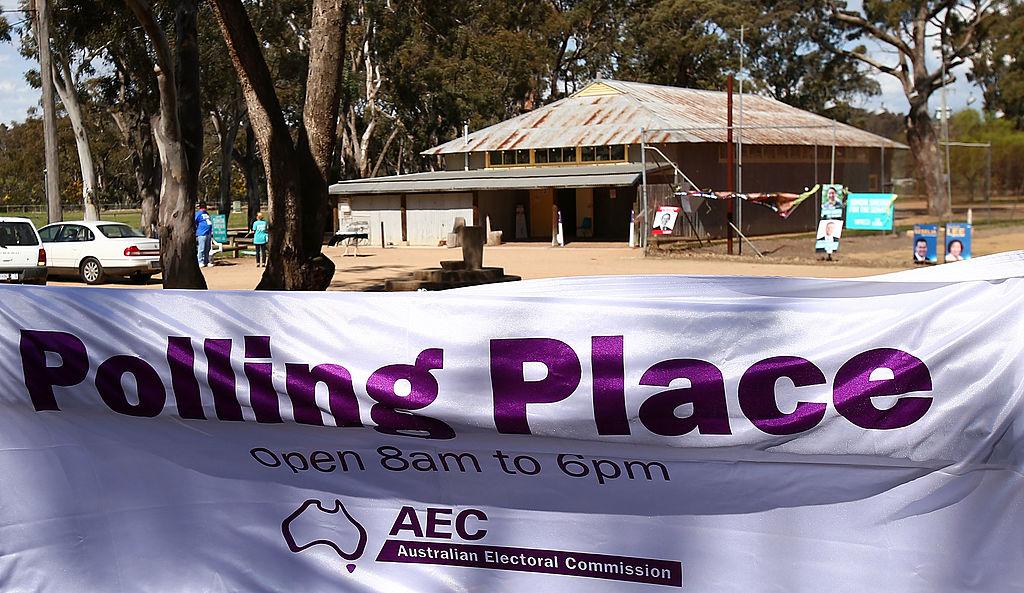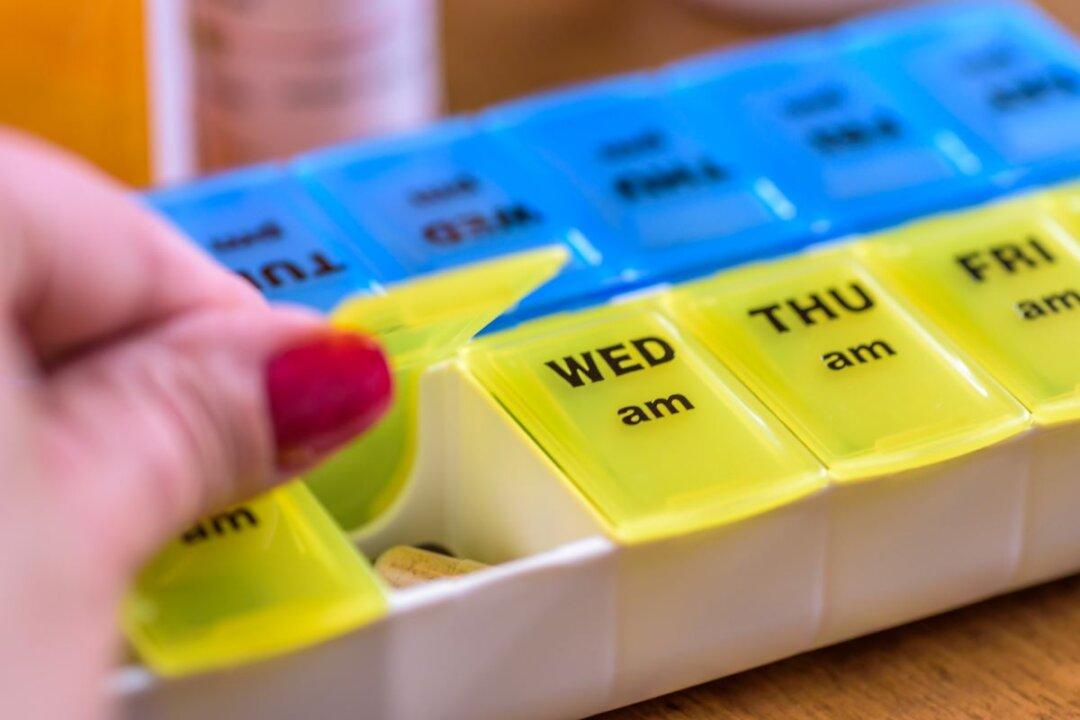The Australian Electoral Commission (AEC) announced on Thursday afternoon that people are coming forward to fill positions in areas where federal election staff shortages were identified on Wednesday.
Electoral Commissioner Tom Rogers said in a release on Thursday that over the past 24 hours, 5,000 new staff had signed up to fill the void in areas of concern on polling day, Saturday, May 21.





